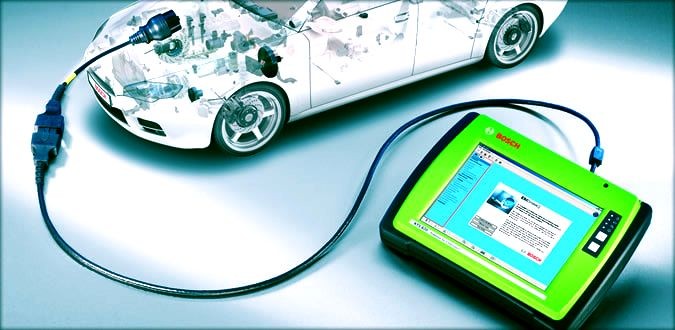In the world of automotive maintenance, staying ahead of potential issues is key to ensuring your vehicle runs smoothly and reliably for years to come. One essential tool in achieving this goal is vehicle diagnostics. Understanding the significance of vehicle diagnostics can empower car owners to take proactive measures in maintaining their vehicles and addressing problems before they escalate. Let’s delve into why vehicle diagnostics are indispensable for keeping your ride in top condition.
Understanding Vehicle Diagnostics:
First and foremost, it’s crucial to grasp what vehicle diagnostics entail. Essentially, vehicle diagnostics involves the use of specialized tools and software to assess the various systems and components of a vehicle. These diagnostics can detect irregularities, malfunctions, or potential areas of concern within the engine, transmission, exhaust system, electrical system, and more.
Identifying Potential Issues Early On:
One of the primary benefits of vehicle diagnostics is the ability to identify potential issues before they manifest into more significant problems. By utilizing diagnostic tools, technicians can pinpoint abnormalities in various systems, such as engine misfires, faulty sensors, or transmission glitches. Addressing these issues promptly can prevent them from causing further damage to the vehicle, saving both time and money in the long run.
Enhancing Safety and Reliability:
Ensuring the safety and reliability of your vehicle is paramount, especially when it comes to daily commuting or embarking on long journeys. Vehicle diagnostics play a vital role in maintaining optimal performance and identifying safety-related issues, such as brake system malfunctions or airbag system errors. By conducting regular diagnostic checks, car owners can mitigate potential safety hazards and drive with peace of mind.
Optimizing Fuel Efficiency:
Efficient fuel consumption is not only environmentally friendly but also economically advantageous. Vehicle diagnostics can help optimize fuel efficiency by detecting issues that may be contributing to excessive fuel consumption, such as a malfunctioning oxygen sensor or a clogged fuel injector. By addressing these inefficiencies, car owners can improve their vehicle’s gas mileage and reduce fuel costs over time.
Preventive Maintenance Planning:
Vehicle diagnostics also facilitate proactive maintenance planning by providing valuable insights into the overall health of the vehicle. By monitoring diagnostic data and adhering to manufacturer-recommended service intervals, car owners can stay ahead of maintenance tasks and address potential problems preemptively. This approach can prevent unexpected breakdowns, extend the lifespan of vehicle components, and ultimately reduce repair costs.
Empowering Car Owners:
In today’s digital age, vehicle diagnostics are becoming increasingly accessible to car owners, thanks to advancements in technology. Many modern vehicles are equipped with onboard diagnostic systems that allow drivers to retrieve diagnostic trouble codes (DTCs) and access basic diagnostic information. Additionally, there is a wide range of aftermarket diagnostic tools and smartphone apps available, enabling car owners to perform basic diagnostic checks from the comfort of their garage.
Final Thoughts:
In conclusion, vehicle diagnostics play a crucial role in maintaining the longevity, performance, and safety of your vehicle. By leveraging diagnostic tools and technologies, car owners can identify and address issues early on, optimize fuel efficiency, enhance safety, and plan preventive maintenance effectively. Ultimately, investing in vehicle diagnostics is a proactive approach that can help you keep your ride running smoothly for years to come. So, don’t wait until a minor problem turns into a major headache—take control of your vehicle’s health with regular diagnostic checks.
